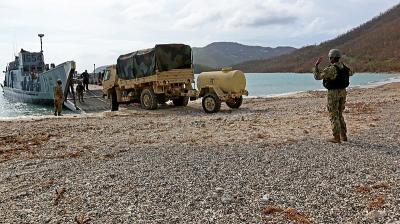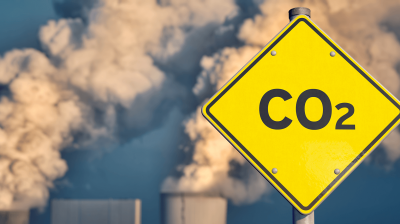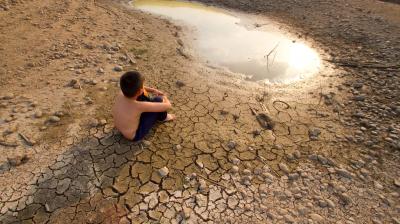World Climate and Security Report 2022
The Expert Group of the International Military Council on Climate and Security (IMCCS Expert Group) launched a new report, the first in a series of papers comprising the third annual World Climate and Security Report.
The paper warns that militaries must accelerate efforts toward net zero to achieve a win-win-win: minimize fossil fuel-related operational vulnerabilities, undermine petro-dictators like Vladimir Putin, and combat climate change.
The report reveals that there are high operational costs of continued fossil fuel use by militaries, and recommends that security leaders across NATO and the EU seize opportunities to ensure that low carbon considerations and energy efficiency standards are key factors in new procurement processes, research and innovation. The authors note that the war in Ukraine is a turning point for sustainable change, and that ministries and departments of defense can lead broader technological change across society by creating enough demand signals to spur innovation and enable the private sector to bring low-carbon solutions to the market.
The Decarbonization report was released June 7th during a virtual seminar featuring senior climate security experts from NATO, the United States, the UK, and Europe. The 2022 World Climate and Security Report Series includes three components: 1) climate mitigation needs and opportunities for militaries; 2) climate security risk snapshots of the Eastern Mediterranean, the Sahel, and the Balkans; 3) climate adaptation strategies for the security sector.
Given the already existing and intensifying impacts of climate change, each component of the series is designed to equip policymakers to move from planning to action to address the security threats posed by climate impacts. Specifically, the 2022 paper series is in close conversation with the NATO Climate Change and Security Action Plan and provides tools to facilitate the implementation of that plan.
In highlighting the importance of the World Climate and Security Report 2022, the Chair of IMCCS, General Tom Middendorp, former Chief of Defence of the Netherlands, stated:
"We have passed the points of debating the urgency of Climate Change and whether or not Climate Change is also a matter of national security. This has now widely been recognized by an increasing number of countries and International Organizations like NATO and EU. It is time to walk the talk and to develop solutions. This series of IMCCS papers is meant to help develop the role of security institutions around the world and translate that into practical contributions and policies. The security sector has a role to play in forecasting the security effects of Climate Change, and in the area’s of mitigation and adaptation, as part of a whole-of-society effort."
Louise van Schaik of the Planetary Security Initiative and Clingendael Institute, who serves as Senior Member of the Executive Committee of the IMCCS and lead author of the Decarbonizing Defense report noted:
"The inherent security risks of fossil energy are increasingly apparent. NATO and European armies can gain a strategic advantage when moving on fast with decarbonizing military infrastructure and industry. The EU needs to include the military in its growth and modernization agenda centered around the European Green Deal."
Read report.
Visit the Planetary Security Initiative, subscribe to their newsletter & follow @PlanSecu on Twitter.









